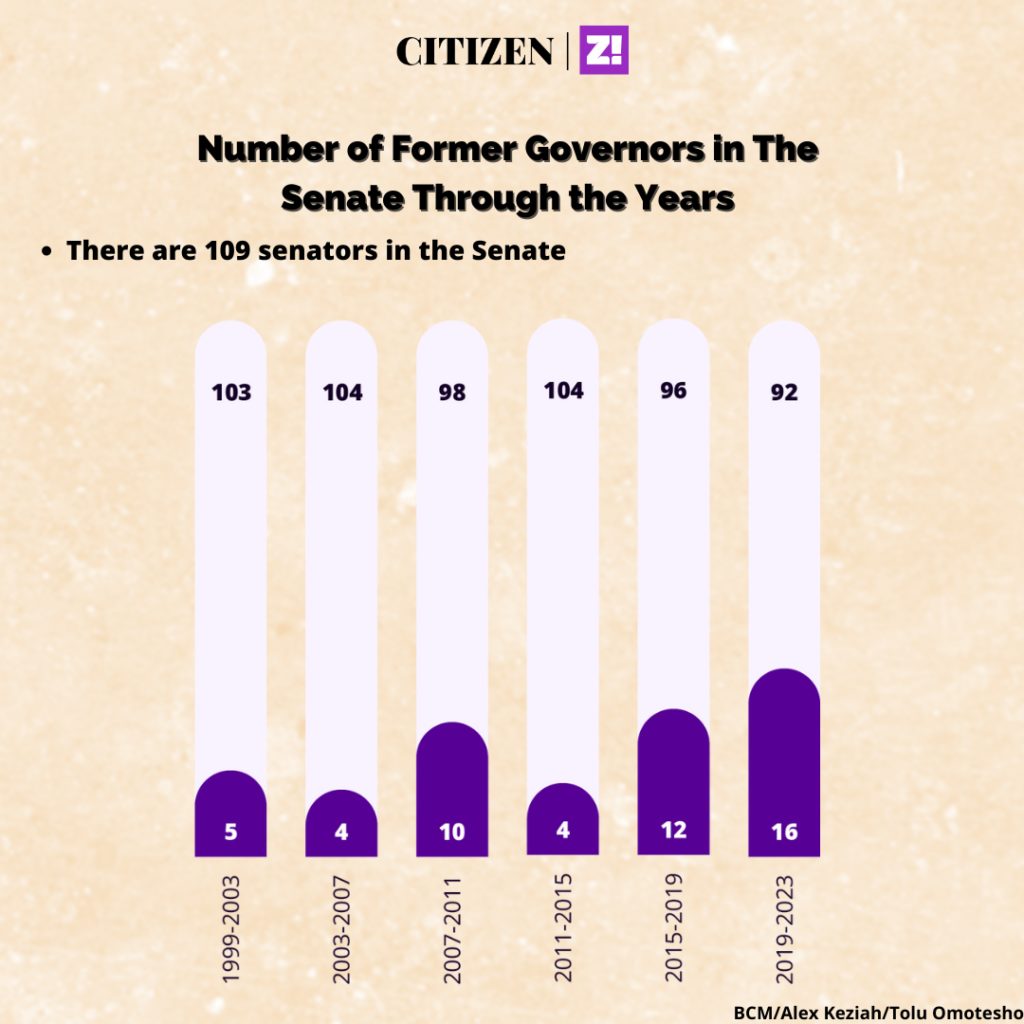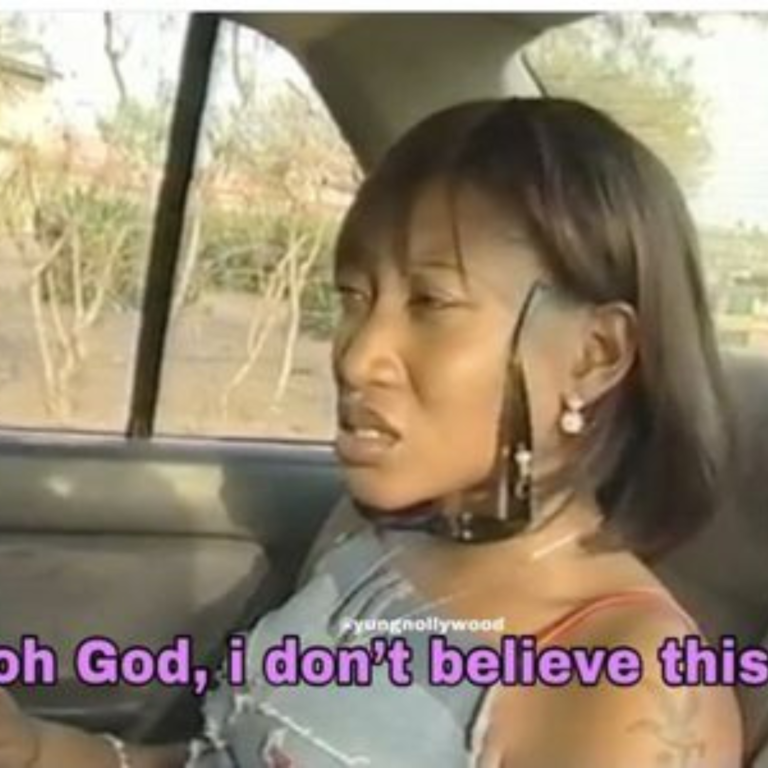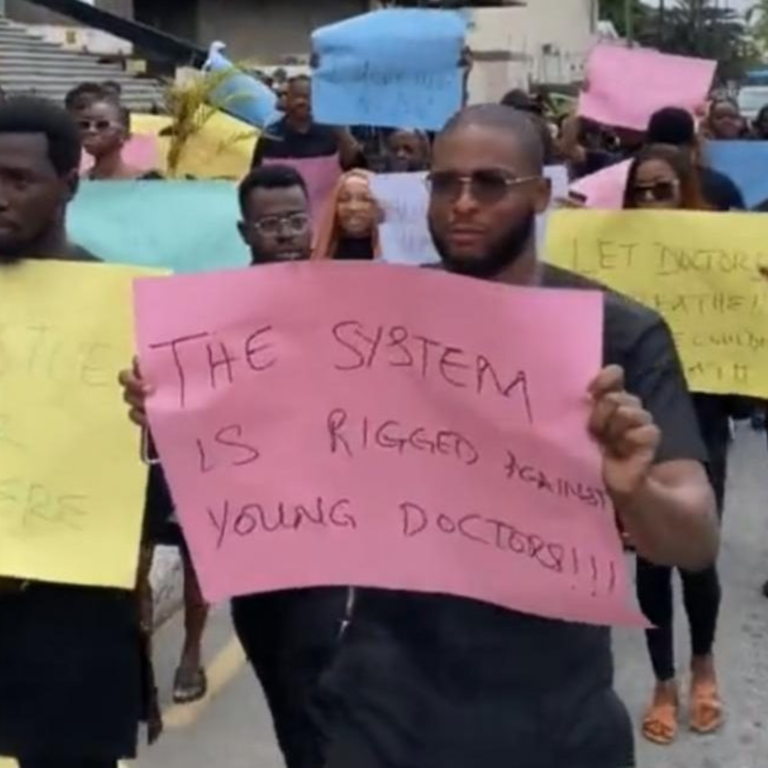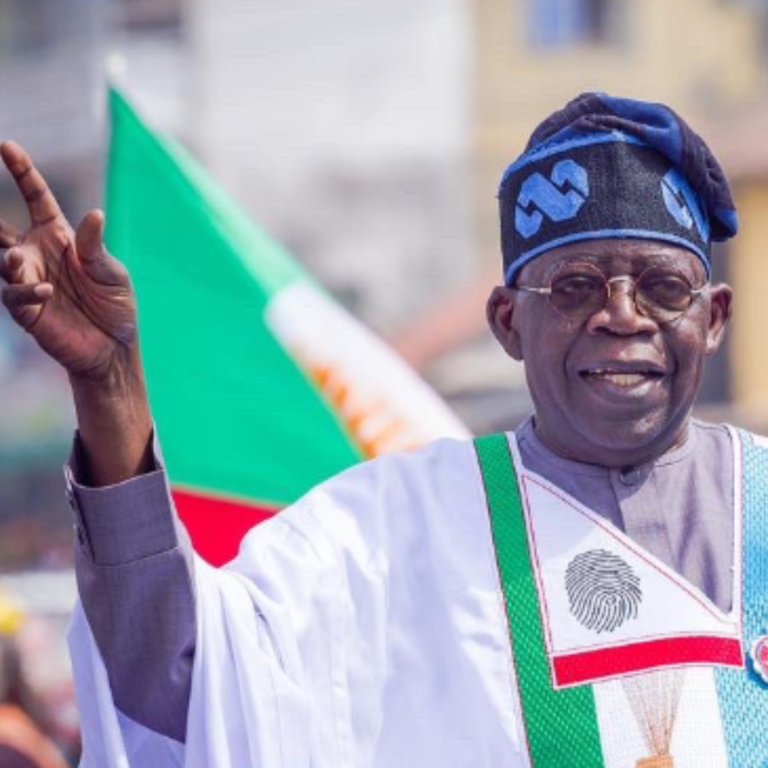Everyone dreams of retiring early with money that scares poverty for good. Nigerian politicians have discovered that the key to achieving this dream is being a member of the Senate.
What’s the Senate?
Nigeria’s National Assembly consists of two chambers, the House of Representatives and the Senate. The Senate, also called the Red Chamber, is modelled after the federal Congress of the United States. For equal representation, it’s composed of 109 senators, with the 36 states represented by three senators each.
The Senate is the highest law-making institution in the country, with the authority to impeach the president, vice president, and other executive officials.
For many Nigerian politicians, the Senate seems to be where most of them hope to end their careers, and we’ve seen this repeatedly happen, especially with former governors.
The current 9th Assembly consists of 16 former governors representing their state. They are:
Danjuma Goje
He was not only the Minister of State, Power and Steel from 1999-2002 but also served as the Governor of Gombe state from 2003 – 2007 under the People’s Democratic Party (PDP).
He now represents Gombe Central in the Senate and was re-elected to represent the region in the 2023 national elections held on February 25, but this time, under the All Progressives Congress Party (APC).
Ibrahim Gaidam
Ibrahim Gaidam is a three-term governor of Yobe state. He was formerly the deputy governor till he took office in 2009 when the then-Yobe state governor, Mamman Bello Ali, died of Leukemia.
Gaidam stayed in office till 2019, after which he joined the Senate to represent the Yobe East district.
Kashim Shettima
Many people now know Shettima as APC’s vice-presidential candidate for the recently conducted 2023 presidential elections. He was a former two-term governor of Borno state, from 2011 to 2019, before representing Borno Central in the Senate. He is now the Vice-President of Nigeria in waiting.
Aliyu Wammako
He served as the governor of Sokoto state in 2007 and currently represents Sokoto North district in the 9th Assembly (2019-2023).
Adamu Aliero
He was the former governor of Kebbi state from 1999 to 2007, after which he became a senator representing Kebbi Central.
He was also re-elected in the elections held on February 25, 2023, defeating the incumbent governor of Kebbi state, Atiku Bagudu.
Kabiru Gaya
Kabiru Gaya was the governor of Kano state from January 1992 to November 1993. He was elected to the Senate to represent Kano South in 2007. He has since remained in office for the past sixteen years.
Ibrahim Shekarau
This former Minister of Education (2014-2015) was previously Kano’s governor from 2003 to 2011. He represents Kano Central in the Senate and won his re-election in the recently concluded elections.
Theodore Orji Kalu
Theodore Orji was governor of Abia state from 2007 to 2015. He currently represents Abia Central in the Senate.
Orji Uzor Kalu
This Nigerian politician also doubles as a businessman. He’s the Chairman of SLOK Holdings, the Daily Sun and New Telegraph newspapers.
He was Abia’s state governor from 1999-2007 and represented Abia North in the Senate. He was also successful in his re-election in the election held on February 25, 2023.
Sam Egwu
Sam Egwu was the governor of Ebonyi state from 1999-2007. He became a member of the Senate in 2015, representing Ebonyi North. However, he lost his third term bid as a senator in the last election to APC’s Onyekachi Nwaebonyi.
Chimaroake Nnamani
Chimaroake’s a medical doctor who served as Enugu’s governor from 1999 to 2007.
He first joined the Senate to represent Enugu East in 2007. He lost the seat in the 2011 elections under controversial circumstances. He ran again for the same seat in 2015 but was again unsuccessful. However, his luck finally changed in 2019 when he beat the incumbent Senator, Gilbert Nnaji.
Rochas Okorocha
Rochas currently represents the people of Imo West in the Senate, but before now, he was their state governor from 2011 to 2019.
Ibikunle Amosun
Amosun’s a two-term governor of Ogun state (2011-2019).
In 2019, he was accused of illegally importing about 4 million rounds of ammunition and many firearms without obtaining the necessary approvals. Despite calls for his arrest and probe, nothing was done.
Instead, he’s now a member of the Senate representing Ogun Central. Nigeria’s sometimes a joke that writes itself.
Seriake Dickson
Seriake Dickson’s a lawyer who, unlike many of his counterparts, was a member of the House of Representatives (2007 -2012) before becoming governor.
He was Bayelsa’s governor from 2012-2020 before joining the Senate to represent Bayelsa West.
Abdullahi Adamu
He was the governor of Nasarawa state from 1999 to 2007 and currently represents the people of Nasarawa West in the Senate.
Tanko Al-Makura
This politician and businessman was Nasarawa’s governor from 2011-2019. After this, he was elected into the Senate to represent Nasarawa South.
This trend of ex-governors becoming legislators has repeated throughout our history from as far back as 1999. Let’s break this down.

Former governors in the 8th National Assembly (2015-2019)
- Enyinnaya Abaribe: Deputy governor of Abia state from 1999-2003. He joined the Senate in 2019 to represent Abia South.
- Theodore Orji: joined the Senate in 2015 and represents Abia Central.
- Godswill Akpabio: joined the Senate in 2015 and represents Akwa Ibom North-West district.
- Akume George: Benue state governor from 1999-2007, joined the Senate in 2007 to represent the people of Benue North-West.
- David Mark: Niger state governor from 1989-1990, joined the Senate in 1999 to represent Benue South.
- Sam Egwu: joined the Senate in 2015 to represent Ebonyi North.
- Rabiu Musa Kwankwaso: Kano state governor from 1999 to 2003 and 2011-2015. He became a senator in 2015 to represent Kano Central.
- Bukola Saraki: Kwara state governor from 2003-2011. He became a senator in 2011 for Kwara Central.
- Jonah Jang: Plateau state governor from 2007-2015. He joined the Senate in 2015 to represent Plateau North
- Abdullahi Adamu
- Aliyu Wammako
- Sani Yerima: Zamfara state governor from 1999-2007. He joined the Senate in 2007 to represent Zamfara West.
Former governors in the 7th National Assembly (2011-2015)
- Abdullahi Adamu
- Danjuma Goje
- Sani Yerima
- Bukola Saraki
Former governors in the 6th National Assembly (2007-2011)
- George Akume
- Sani Yerima
- Abdullahi Adamu
- Danjuma Goje
- Godswill Akpabio
- Theodore Orji
- Aliyu Wammako
- Sam Egwu
- Rabiu Musa Kwankwaso
Former governors in the 5th National Assembly (2003-2007)
- David Mark
- Felix Ibru: Delta state governor from 1982-1983. He joined the Senate in 2003 to represent Delta Central district.
- Tunde Ogbeha: Akwa Ibom governor from 1987-1988. He joined the Senate in 2003 to represent Kogi West.
- Iyiola Omisore: Deputy governor of Osun state from 1999-2003. After his time as deputy governor, he joined the Senate in 2003 to represent Osun East.
Former governors in the 4th National Assembly (1999-2003)
- Ike Nwachukwu: Imo state governor from 1984-1985. He joined the Senate in 1999 to represent Abia North.
- Melford Okilo: the first governor of Rivers state from 1979-1983. He joined the Senate in 1999 to represent Bayelsa.
- David Mark
- Maina Maaji Lawan: Borno state governor from 1992-1993. He joined the Senate in 1999 to represent Born North.
- Ali Modu Sheriff: Borno state governor from 2003-2011. He joined the Senate in 1999 to represent Borno Central.
It’s not surprising that in certain areas, Nigeria might be considered backward. Some legislators have been in power since the 90s with the same old ideologies. It’s almost like the Senate has become a vacation home with guests who refuse to leave for new people and minds to take over.
We hope this changes eventually, but looking at what has happened recently in the elections, it might be difficult for this to happen anytime soon.




